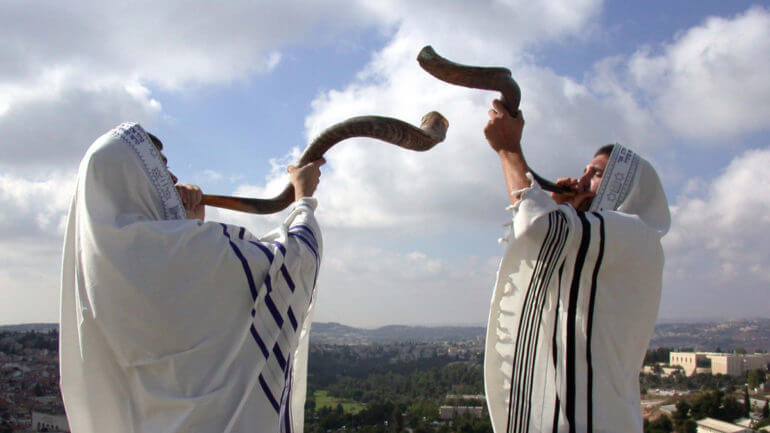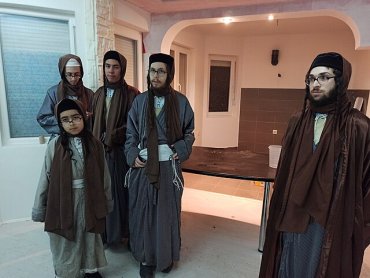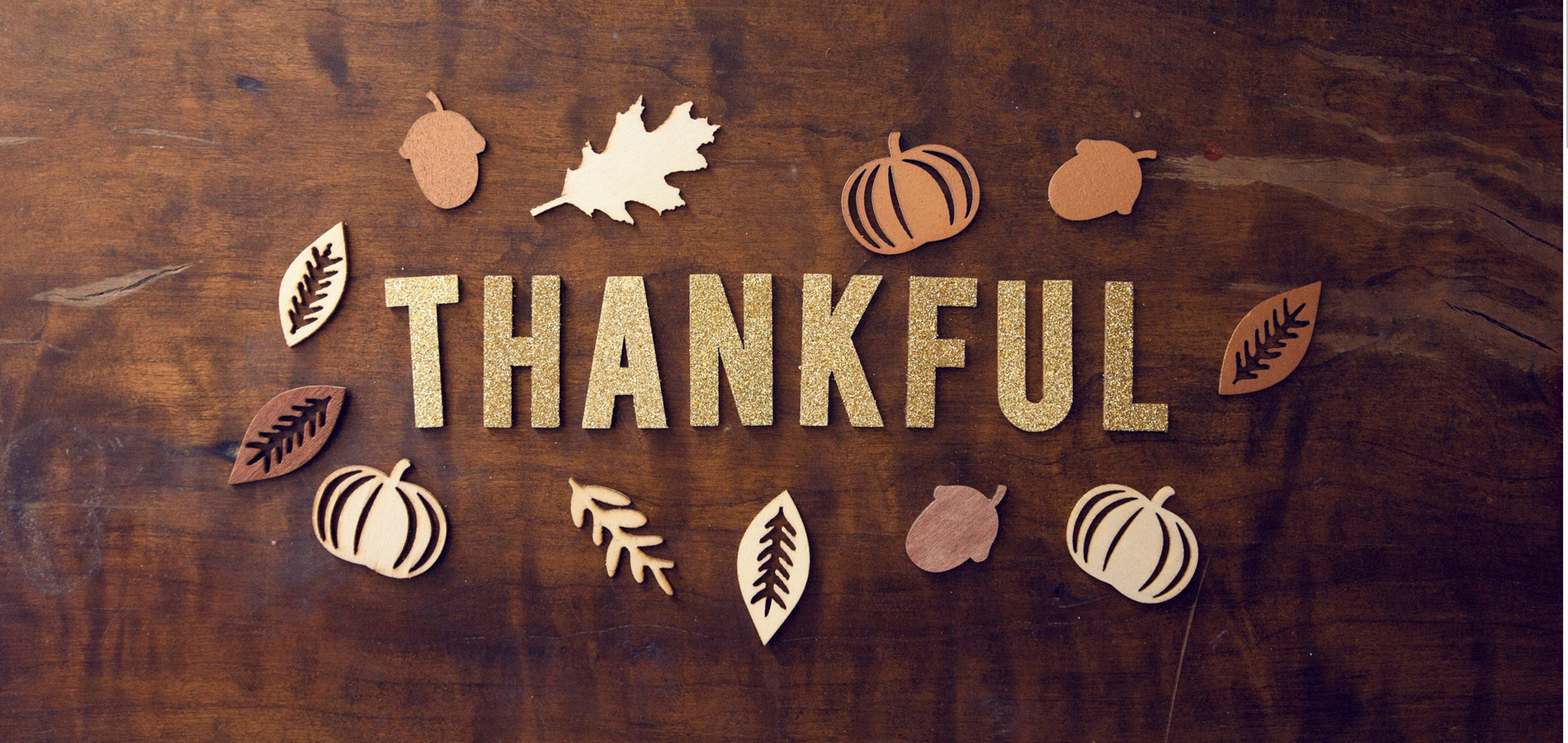
Why Do Some People Approach Yom Kippur as a Day of Celebration?
Dear Jew in the City,
Why do some people approach Yom Kippur as a day of celebration?
Sincerely,
David
Dear David,
Um… because it is?
On the surface, Yom Kippur may resemble Tisha b’Av, which is the saddest day in the Jewish calendar. On both of these days we refrain from eating and drinking, bathing, wearing leather footwear, and a few other physical pleasures. Since the restrictions of these two days are so similar, the moods must likewise be comparable, right? Wrong!
If you’re walking to shul on Tisha b’Av and someone says hello, you lower you eyes and say “mumble grumble.” (Perhaps not literally, but we don’t exchange greetings.) If this happens on Yom Kippur, you flash a bright smile and offer a hearty “good yom tov!” (For linguistic reasons, this likely comes out as the Yiddish “good yuntif.” The “mt” combination is hard to pull off.) The moods of these two days are clearly different. On Tisha b’Av we refrain from physical pleasures because we’re mourning; on Yom Kippur we do so as a form of atonement. If anything, it has been observed that “yom hakippurim” (the day of atonements) is actually a “yom k’purim” – a day like Purim, one of the most festive days on the Jewish calendar (Tikkunei Zohar 21).
You may be aware that just as it’s a mitzvah to fast on Yom Kippur, it’s a mitzvah to eat on the day before Yom Kippur. Rabbeinu Yonah (12th century, Spain) explains the reason for this mitzvah as follows: On most holidays, we eat a festive meal to express our joy for the day that God has given us, along with all the significance it carries. But we can’t do so on Yom Kippur because of the obligation to fast. Accordingly, we eat a meal on the eve of Yom Kippur as an expression of our joy for the holiday (Shaarei Teshuvah 4:9).
But I don’t really need to propose s’varos (logical arguments) to illustrate this point; there’s overt textual proof. According to the Mishna in Taanis (4:8), Yom Kippur is one of the two most joyous days of all (the other being 15 Av, which is a kind of “Jewish Valentine’s Day”). The Gemara (Taanis 30b) needs to ask what happened on 15 Av, but it just takes for granted that Yom Kippur is a happy day because (a) it’s a day of pardon and forgiveness and (b) it’s the day on which we received the second set of luchos (the tablets with the “Ten Commandments” written on them).
Let’s leave aside the second reason – that Yom Kippur is joyous because it’s the day on which we received the second luchos. After all, Shavuos shows us the precedent for celebrating receiving the Torah. (As does Simchas Torah, and nothing even happened on that day!) Rather, let’s focus on the first reason: Yom Kippur is a festive occasion because it’s a day of pardon and forgiveness.
Basically, the reason we’re so happy is because we know that teshuvah (repentance) works. For 40 days, from the beginning of the month of Elul, we focus on improving ourselves and getting closer to Hashem. This is especially intensified during the ten days of teshuvah, which run from Rosh Hashana through Yom Kippur. And Yom Kippur itself? That’s the day our slates are wiped clean. The Torah tells us as much: “Because on this day atonement will be made for you, to purify you; from all your sins you will be purified before Hashem” (Leviticus 16:30). So, yeah, it’s a grueling process, like running a marathon, but it’s totally worth it. When you cross that finish line, you’re going to be sore, but also elated.
And we’re not the only ones who celebrate the day. On Yom Kippur, God tells the mountains, hills, rivers and valleys, “Come celebrate with Me! Let everyone rejoice because today’s the day I forgive Israel’s sins!” (Tanna d’Bei Eliyahu Rabbah 1)
Yes, Yom Kippur is a serious day. It’s not a frivolous occasion by any standard. But that doesn’t make it a sad day. It’s a day like Purim, on which we wish one another “good yom tov!” and celebrate with a festive meal – albeit on the day before. The Mishna tells us that it’s one of the two happiest days of the year, and the Midrash tells us that God invites all of creation to celebrate the occasion with Him. So, yeah, if some people approach Yom Kippur as a day of celebration, I’d say that those are the people who understand the day best.
Sincerely,
Rabbi Jack Abramowitz
Educational Correspondent
Follow Ask Rabbi Jack on YouTube
If you found this content meaningful and want to help further our mission through our Keter, Makom, and Tikun branches, please consider becoming a Change Maker today.







